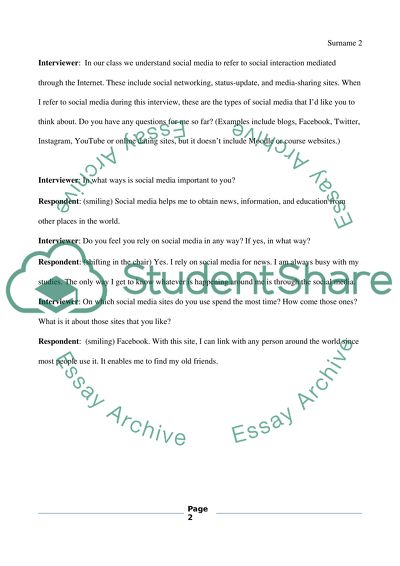Cite this document
(Social Media in Class Usage Assignment Example | Topics and Well Written Essays - 3316 words, n.d.)
Social Media in Class Usage Assignment Example | Topics and Well Written Essays - 3316 words. Retrieved from https://studentshare.org/education/1402060-collecting-and-analyzing-data
Social Media in Class Usage Assignment Example | Topics and Well Written Essays - 3316 words. Retrieved from https://studentshare.org/education/1402060-collecting-and-analyzing-data
(Social Media in Class Usage Assignment Example | Topics and Well Written Essays - 3316 Words)
Social Media in Class Usage Assignment Example | Topics and Well Written Essays - 3316 Words. https://studentshare.org/education/1402060-collecting-and-analyzing-data.
Social Media in Class Usage Assignment Example | Topics and Well Written Essays - 3316 Words. https://studentshare.org/education/1402060-collecting-and-analyzing-data.
“Social Media in Class Usage Assignment Example | Topics and Well Written Essays - 3316 Words”, n.d. https://studentshare.org/education/1402060-collecting-and-analyzing-data.


